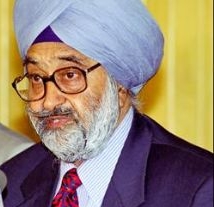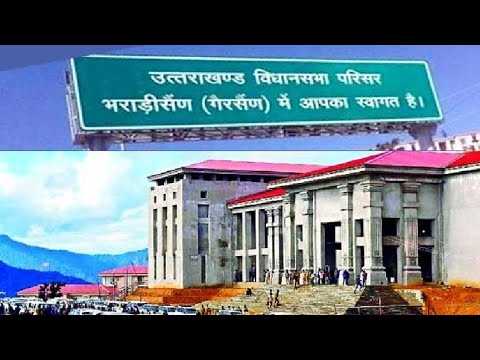Right to privacy for private schoolsJustice S.S. Sodhi (AP)

Do unaided private schools in Chandigarh have the right to maintain their privacy or not? This issue is arising in the context of an order passed by this union territory, in which the administration has asked private schools to put their financial statements on the website, so that students and parents can see, in other words, it should be public. . All this is despite the fact that the school management every year provides income-expenditure and budget-related accounts to the departments concerned.
With the fear that the private educational institution may face unnecessary inconvenience for uploading the financial accounts on the website and may be unnecessarily harassed by the parents and other elements, thereby creating hurdles in the smooth management of the school , private schools took the said matter to the High Court.
The Division Bench in case no. CW 7706 (2020), which went between the Independent Schools Association, Chandigarh v. Government of India, in its judgment dated May 28, upheld the order of the Chandigarh Administration to allow private schools to put their financial information on their website. It said, ‘After complaints of schools making undue profits from parents, the administration had to order the uploading of details of income and expenditure.’ It further said that ‘neither the state governments nor the officers of the concerned department are doing business of schools. We take an in-depth look at the accounting reports prepared by Chartered Accountants, so if private educational institutions will make this information available on their website, it will create transparency and it will help in ensuring the fulfillment of the objective that no institution will be free from undue profiteering and admission fees etc. Not recovering There is no doubt that many private schools indulge in collecting admission fees every year and making unnecessary profits. Since the financial statements presented by the institutions are prepared by professional experts, the concerned government official cannot be expected to find the truth hidden in these cleverly.
The order further says ‘If the financial details of the institutions are uploaded on the website, then the parents of the students will also be able to see the same. There will probably be many parents who have expertise in the field of accounting, and they can investigate and help the administration to ensure that no educational institution or school gets undue profits or admission fees.
It is pertinent to note that how the court accepted that the officials of the government department were not able to ascertain the facts after thoroughly scrutinizing the financial statements prepared by the business experts of private schools. With respect I would like to say that this argument cannot be said to be laudable. How can it be assumed in advance that they are not so capable? Of course, departments do not ask for such details only to fill their offices. If a school is asking for more admission fees or other unofficial money, then it is expected from the concerned department that they are capable enough to catch the hidden trick and take appropriate action.
The court seems to have influenced the posting of financial statements on the website, that is, perhaps some schools have done so in the past. If something can be done, it does not mean that everyone else should do the same, unless they are legally obliged to do so. When the issue of privacy was raised by the private schools, the court said ‘this order is not a violation of their privacy in any way, anyway the work of teaching is a charitable business’.
As is well known, not all private schools are charitable institutions, nor do they need to be. The fact is that there is no bar on setting up a private school as a profitable business. One would be surprised when it is being said that putting the financial details of private schools on the website will not violate their privacy. This decision of the court may be subject to further judicial scrutiny. Whatever it is now, the final order has to come from the Supreme Court.
Talking about private schools, their role in educating a large population in the country is certainly not less and should never be taken for granted. In a country like ours which has adopted public welfare system, it is the responsibility of the government to provide education to all. Since governments have failed to do so, private schools compensate what is actually the duty of the government. It is paradoxical that the governments seem to be very concerned about the money being collected by the private schools, but it is rarely heard that anything has been said about the quality of education in government schools. While getting the child admitted to a private school, every parent is well aware of the fees and other expenses, after knowing all this, most of the parents choose to teach the child there. After getting the child admitted to such a school, what is the point of complaining about the fees again?
Schools whether government or private, the country needs a large number of more schools, especially those that can provide quality education. It takes a lot of money and effort to build a good private school. But given the current attitude of governments towards private schools, why would anyone choose to open a new school? It is pertinent to mention here the decision of the 11-member Supreme Court bench in TMAP vs Government of Karnataka case, which held that ‘it is in the interest of the general public that more schools providing quality education should be opened, the school management has to make appointments’. Self-sufficiency and uninterrupted responsibility in the admission of students and fees to be collected will ensure that such institutions are established.
Governments should not play with the interests of education in the country by imposing unnecessary orders on educational institutions, otherwise it will be like washing hands with ‘forests in lieu of losing trees’.




